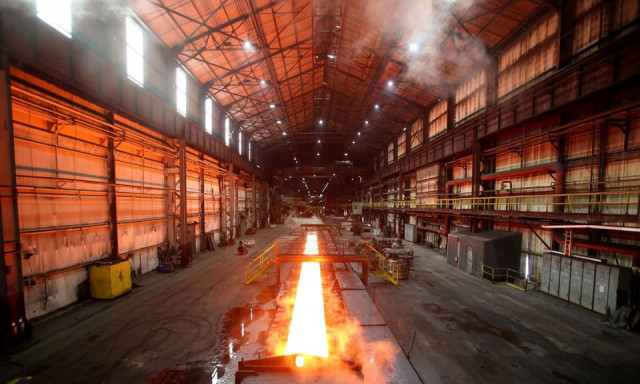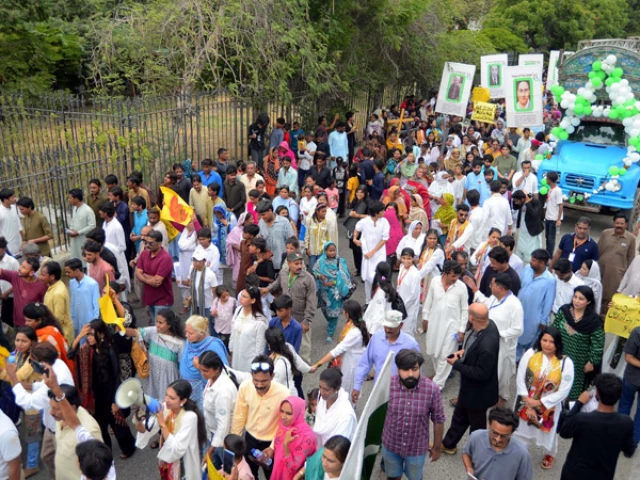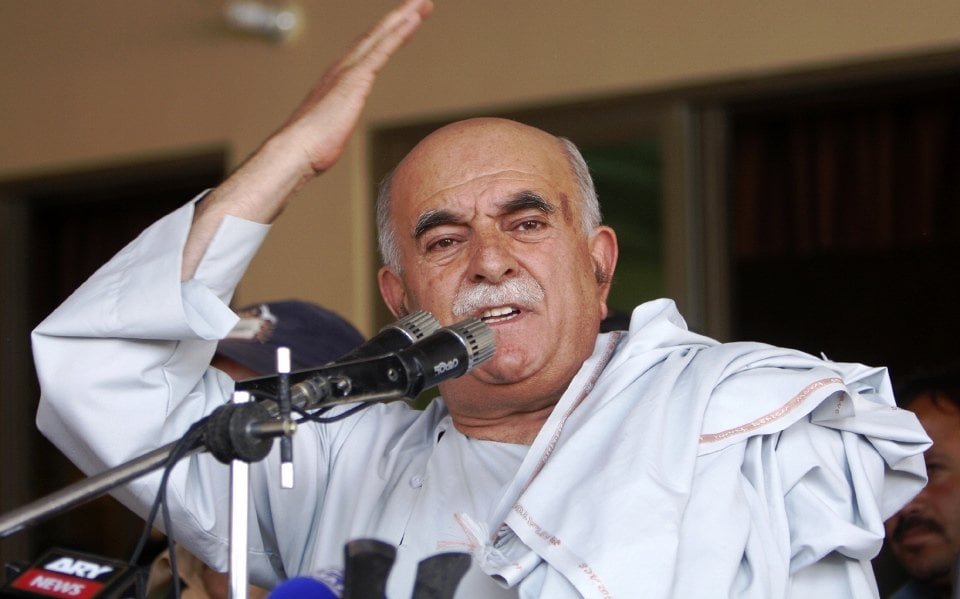The Future of Pakistan Steel Mills: A Call for Urgent Action
In recent years, the future of Pakistan Steel Mills (PSM) has been a growing concern among both policymakers and the workforce. Last Saturday, members of the Senate Standing Committee on Industries and Production visited the PSM facility in Karachi, led by Senator Aon Abbas Buppi. Their mission? To evaluate not just the physical state of the mills, but also the pressing financial challenges it’s facing.
During the visit, the committee members toured the various plants and gathered insights on the staggering debts and ongoing issues that have plagued PSM for years. Chairman Asad Islam Mahni highlighted that by 2024, PSM had racked up a colossal loss of Rs600 billion and was burdened with an annual interest payment of Rs20 billion on its loans. These loans, primarily from the National Bank of Pakistan, have largely been funneled to cover employee salaries—particularly for the 934 current staff.
Interestingly, the committee learned that the government is weighing two divergent paths for PSM: the first involves reviving the mills in collaboration with Russia’s Industrial Engineering LLC to modernize operations, while the second considers winding down the mill entirely, contingent upon an assessment of its viability. With so much at stake, it’s easy to see why this decision is urgent.
Adding complexity to the situation, the committee also engaged with representatives of the workers’ union. They voiced concerns about job security and the struggles of both current and laid-off employees. In response, the committee formed a subcommittee focused on addressing these grievances directly with management. It’s essential that the voices of workers are heard as we navigate such pivotal decisions.
While the committee praised the management’s efforts to rein in PSM’s expenditures, there is undeniable frustration regarding ongoing theft incidents within the organization. The recommendation to assess losses incurred from these activities underscores the need for better security and oversight. Additionally, there’s a strong push to offload non-functional or outdated assets to streamline operations.
The committee also discussed significant land allotment issues that arose a few years back. The allotment of 1,370 acres of land to local villages has raised eyebrows, especially since it should have gone to the Council of Common Interests for review. Such decisions can have long-term implications for the productivity and sustainability of PSM.
As the committee progresses toward a resolution, one thing is clear: the future of Pakistan Steel Mills requires decisive action. The importance of this institution to the local economy cannot be overstated, and it plays a vital role in providing jobs and stabilizing the steel industry in Pakistan.
If you’re looking to stay updated on this developing story or have a stake in the future of PSM, consider connecting with insights and updates from Pro21st. Together, we can navigate these challenges and work toward a brighter future for Pakistan’s industries.
At Pro21st, we believe in sharing updates that matter.
Stay connected for more real conversations, fresh insights, and 21st-century perspectives.





